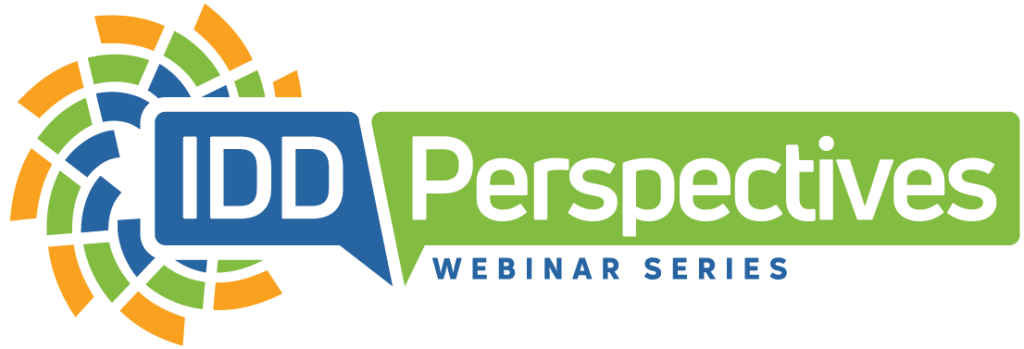Seven Trends to Look For in 2025 in Supporting Individuals With Intellectual and Developmental Disabilities (IDD)
Seven Trends to Look For in 2025 in Supporting Individuals With Intellectual and Developmental Disabilities (IDD)
Seven Trends to Look For in 2025 in Supporting Individuals With Intellectual and Developmental Disabilities (IDD)
Written by Craig Escudé, MD, FAAFP, FAADM

- Person-Centered Approaches at the Forefront
The person-centered philosophy will continue to be central to IDD support. In 2025, expect an even greater emphasis on tailoring services to meet people’s unique needs, preferences, and goals. This approach prioritizes empowerment and ensures that people with IDD are active participants in their support and decision-making.
- Enhanced Use of Technology
Advances in assistive technology are revolutionizing how people with IDD access education, employment, and independent living opportunities. From smart home devices to communication tools and health monitoring apps, technology will play a crucial role in enabling autonomy and enhancing quality of life.
- Holistic Health and Wellness Focus
The connection between physical health, mental health, and quality of life is becoming increasingly recognized. In 2025, look for integrated health models that address not just medical needs but also mental wellness, nutrition, and fitness. Tools like the Health Risk Screening Tool (HRST) will continue to be critical in identifying health risks and promoting preventive care.
- Workforce Development and Training
The IDD support workforce is the backbone of quality care. As the demand for services grows, expect a focus on recruitment, retention, and comprehensive training for direct support professionals (DSPs) and other caregivers. Topics such as trauma-informed care, health risk identification, and person-centered thinking will become essential components of training programs.
- Advocacy for Inclusion and Rights
Advocacy efforts will increasingly focus on ensuring individuals with IDD are fully included in all aspects of society. From workplace accommodations to accessible public spaces and inclusive educational opportunities, the push for equity and inclusion will continue to expand.
- Data-Driven Support and Decision-Making
Data and analytics will play a more significant role in designing effective support strategies. Providers will leverage insights from tools and assessments to create personalized plans that promote safety, health, and independence while continuously improving service delivery.
- Family and Caregiver Support
The critical role of families and caregivers will be more widely recognized, with increased resources to support them. Look for enhanced respite care options, support groups, and training programs to empower those who provide direct care.
Preparing for the Future Together
The future of IDD support is bright, filled with innovation, and a steadfast commitment to dignity, respect, and opportunity for all individuals. As we move forward, collaboration among providers, advocates, and families will remain key to creating systems that are both effective and sustainable.
Let’s work together to embrace these advancements and continue building a world where everyone’s abilities are recognized and celebrated.
Warmest regards,
Craig Escudé, MD, FAAFP, FAADM. President, IntellectAbility
Author Bio:
Dr. Craig Escudé is a board-certified Fellow of the American Academy of Family Physicians and the American Academy of Developmental Medicine and President of IntellectAbility. He has over 20 years of clinical experience providing medical care for people with IDD and complex medical and mental health conditions. He is the author of “Clinical Pearls in IDD Healthcare” and developer of the “Curriculum in IDD Healthcare,” an eLearning course used to train clinicians on the fundamentals of healthcare for people with IDD. He is also the host of the “IDD Health Matters” podcast.




